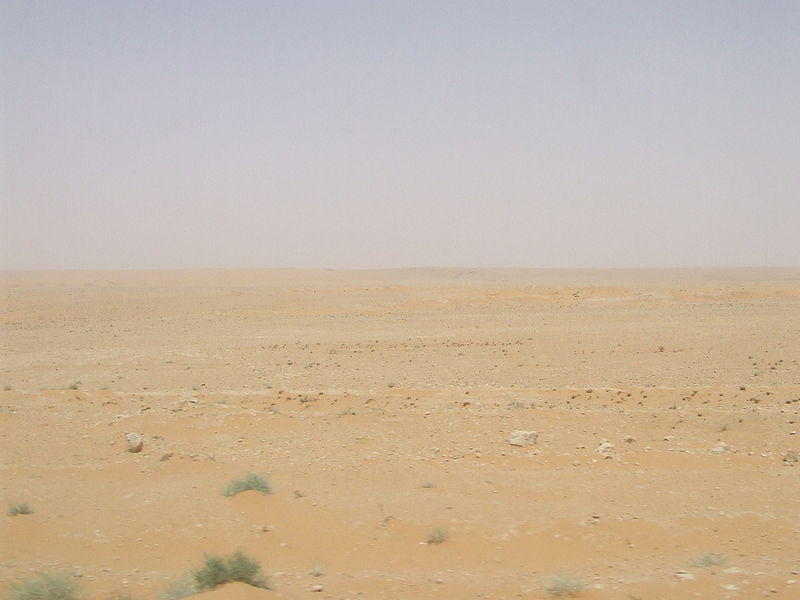 “Survivor” is a word I have known since childhood. I have encountered stories, pictures, memoirs of genocide survivors and have always wondered what this says about me. It’s a word with dual meaning. Survival can be equated with greatness. It can signify the last man standing, the fittest, the most resilient. It can also point to the battered and ravaged, post-disaster, barely breathing. Most people are imbued with a sense of importance that makes them feel secure. Everyone, I think, likes to believe that they are here to carry out some work that only they can do. I’m no different. For that reason, I tend to allow the word “survivor” to deviate from strict adherence to its true definition. I assign an otherworldly beauty to it, like a refined metal. If I am a descendant of survivors, then I want the word to signify strength.
“Survivor” is a word I have known since childhood. I have encountered stories, pictures, memoirs of genocide survivors and have always wondered what this says about me. It’s a word with dual meaning. Survival can be equated with greatness. It can signify the last man standing, the fittest, the most resilient. It can also point to the battered and ravaged, post-disaster, barely breathing. Most people are imbued with a sense of importance that makes them feel secure. Everyone, I think, likes to believe that they are here to carry out some work that only they can do. I’m no different. For that reason, I tend to allow the word “survivor” to deviate from strict adherence to its true definition. I assign an otherworldly beauty to it, like a refined metal. If I am a descendant of survivors, then I want the word to signify strength.
I just finished reading Voices from Chernobyl: The Oral History of a Nuclear Disaster. While reading it, I found it remarkable how a defining experience such as this nuclear disaster can turn peasants into poets. It’s alchemy. This is what happens when survivors tell a story. The book is an incredible jigsaw oral history, pieced together from many accounts of survivors. Although completely different circumstances are present, my story and the story of the Chernobylites, as they call the survivors in Ukraine, had a few similar threads: Opaque or outright deceitful governance, a general feeling of helplessness and an inability to protect oneself against an enemy force, and the subsequent erasure of a population through horrific means. Most importantly, both incidents offered a forced legacy which descendants must carry. With the Chernobylites, it’s thyroid cancer. With me, it is less easily diagnosed. There is no chemo or radiation therapy for combating the blotting out of my past.
There is a waxing and waning to my story. I build it one way, but there are always those insisting otherwise, rewriting history, leveling whatever I have built. When I look at a pre-genocide black and white family portrait, how do I explain the deletion of seven out of nine individuals? A woman in the corner escaped and had a son who had a son who had me. There is poetry in there somewhere, but it was lost along the way. Yet, another survivor recalls: “One day, the Turks said they wanted to collect all the young children and look after them. Some women, who couldn’t feed their children, let them go. Then my mother saw them piling the children on top of each other and setting them on fire. My mother pushed me under another pile of corpses. She buried herself with me under those bodies. Even today I cannot stand to be in darkness or to be on my own. My mother saved me from the fire. She used to tell me afterwards that when she heard the screams of the children and saw the flames, it was as if their souls were going up to heaven.”